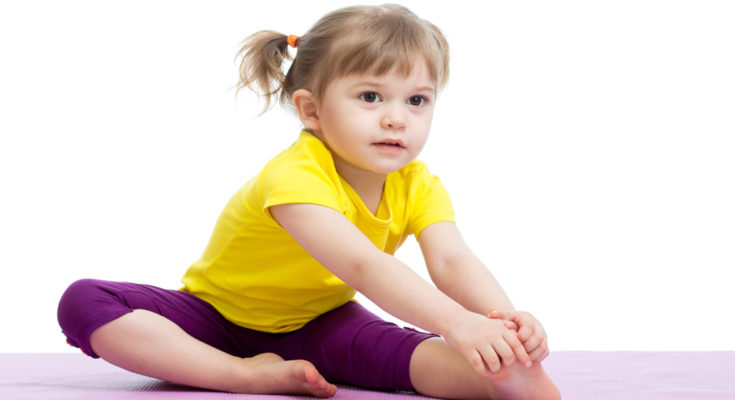The opportunity for participation in sports participation that is unprecedented and widespread for children leads to unintended consequences: children stop exercising after a bad experience or injury. Unfortunately, both of them can be avoided with adequate preparation. Teenage athletics is unique because most parents feel comfortable sending their children to the playing field without preparation. There is no other young effort where such unpreparedness is acceptable.
Preparing a Strong Foundation of Physical Abilities
Children need a basis for mathematics, a basis for English, a basis for critical thinking, but somehow it is assumed that some of the pushups in Phys Ed are basic enough to have a satisfying sports experience. All children can have valuable time to participate in team and individual sports and avoid injury as well by preparing a strong foundation of physical abilities. This will not only lead to a more active healthy childhood: by avoiding injury and bad experiences, it can lead to a better self-image and a more active and healthy adult.
Training Programs for Athletics and Prevent Injury
Another undesirable consequence of children who are not ready to be thrown into sports is exclusivity. Children who are naturally more talented or coordinated are given exclusive rights to be called “athletes”, while children who are disappointed and are not ready to be locked up. This leads to losing some valuable experience in team play and hard work, as well as opportunities to succeed and try. There are training programs designed to teach athletics and prevent injury; which teaches balance, rhythm, time management, motor control, running and jumping techniques, and more.
Children Should Not Learn Sports Without Foundation
Having a foundation increases their chances of success. So, for example, hitting a baseball is not best taught by giving children bats and telling them to stay away. First of all, children need to know how to use their feet. The feet start, support, and give power to every athletic movement. Exercising the feet also increases all other vital areas for children’s athletics. By teaching children to use unstable surfaces and slanted boards, as well as good old-fashioned jumps, they begin with a solid foundation for building athletic success in the future.
One Thing Children Should Not Do Is Lift Weights
Pre-adolescents and teenagers will mainly be influenced by coaches and television to equate lifting heavy weights with athletic prowess, or great strength. There is no better way to risk the potential for life-long injuries in children than to load their bodies with too much weight. While a person can gain strength through conventional weight training, it comes at a high cost, which is to sacrifice speed, which is far more important for sports. Very rarely athletes can slowly move the heaviest out of the top. The athlete with the best balance, fastest reaction time, and highest speed will win every meeting.
The Technique Is Very Valuable For Children In Sports
A good coach will train children to shoot a basketball, or throw a baseball, or swing a racket. Rarely, coaches show children how to run, or jump. These techniques allow children to approach sports with greater opportunities to have satisfying experiences and avoid disappointment and injury. Teaching the right way to run and jump, and change direction, will lead to greater enjoyment of the physical activity and a healthier lifestyle and give children confidence and positive attitudes.
Resume
The availability of more sports and athletic opportunities for more children is extraordinary. By preparing your child for athletics in the same way as you prepare them for mathematics, you not only help the child but also adults. More physical activity will lead to more confidence, less injury and disease, more energy and ultimately happier children. Such preparation will also legalize the sport for many children, especially as they grow, enabling them to study a long list of valuable lessons offered by the competition.





